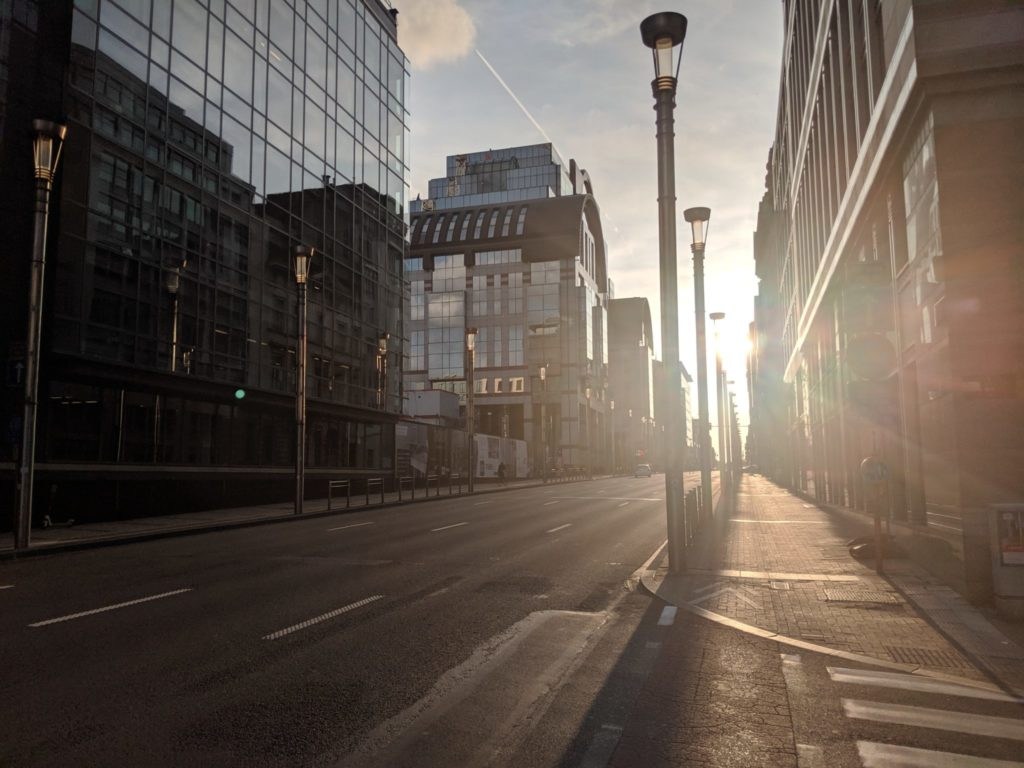Even though Belgium's latest measures are very similar to the restrictions announced as a "strict lockdown" last October, the Consultative Committee stopped short of calling it that this time around.
On Wednesday, Prime Minister Alexander De Croo announced that schools and contact professions have to close again, and that non-essential shops can only be visited by appointment over the coming four weeks, and called it an "Easter pause."
Clarifying why he did not use the word 'lockdown,' De Croo said that "no matter what title you stick on it, this is a powerful package of measures to break the evolution we see in intensive care. The colour of the cat does not matter, as long as it catches mice."
Speaking to The Brussels Times, virologist and member of the GEMS expert group Steven Van Gucht explained that "this is not a hard lockdown, let that be clear."
He stressed that, contrary to what happens during a lockdown, the authorities did not put restrictions on people's freedom of movement by issuing a stay-at-home order, kept non-essential shops open (by appointment), and allowed companies that cannot telework to continue working.
"We have to remember that a hard lockdown is incredibly drastic, and that its impact would also be huge," Van Gucht said.
Related News
- 'Putting the brakes on contacts': new rules will stabilise figures, says Van Gucht
- Cheat Sheet: The 'Easter pause' rules
- Anger and disappointment: Belgium reacts to the 'Easter pause'
"If we were to go for a hard lockdown like that, we would see more and faster results, and we would see the numbers drop more quickly," he said, pointing to Ireland and Portugal, which both saw a very fast drop after implementing strict measures recently.
"But those are very severe lockdowns, where people are hardly allowed to get out of their houses," said Van Gucht. "That is similar to what Belgium did in March 2020."
Additionally, small groups of four people (excluding children under 12 years old) are still allowed to gather outdoors, and even though schools will close, youth camps and extra-curricular activities for schoolchildren, in groups of maximum ten children and without overnight stays, remain possible.
However, even the decision to close schools from next week is not comparable to the situation in the Netherlands or Germany, where schools have been closed for months at a time, according to Van Gucht.
"This is not so much a closure as a strategic extension of an existing holiday period," he said. "That may bring some extra peace, but the GEMS experts have always said that keeping schools open was the priority, and that the brakes should first be put on extracurricular activities."
"In solidarity with the school closures, it is also important that the recommendation of one hobby per child is adhered to, knowing that this is only a temporary thing," Van Gucht said.
"That is very important to remember for children, but for the rest of us too," he added. "This will not last forever."
Maïthé Chini
The Brussels Times

